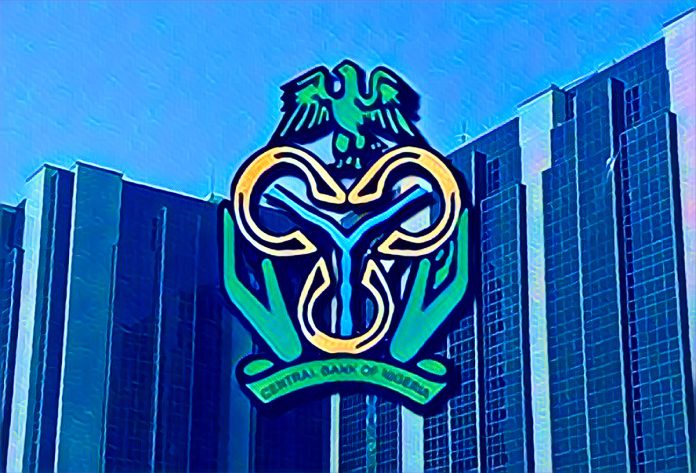Nigerian banks have significantly increased their borrowing from the Central Bank of Nigeria (CBN), reaching a record high of ₦5.38 trillion last week. This surge reflects the banking sector’s growing demand for liquidity amid ongoing economic challenges.
The substantial rise in borrowing highlights the pressures facing Nigeria’s financial institutions as they navigate a complex economic landscape. The increased reliance on the CBN’s lending facilities underscores the liquidity strains within the banking system, driven by various factors, including fluctuating oil prices, inflationary pressures, and regulatory changes.
The CBN provides short-term loans to banks through its Standing Lending Facility (SLF) and Repo transactions. These mechanisms are designed to help banks meet their immediate liquidity needs and ensure the stability of the financial system. However, the recent spike in borrowing levels suggests that banks are struggling to maintain adequate liquidity on their own.
One of the key drivers behind the heightened liquidity demand is the regulatory environment. The CBN has implemented stringent policies to control money supply and manage inflation. Measures such as the Cash Reserve Ratio (CRR), which requires banks to hold a certain percentage of their deposits with the central bank, have limited the amount of funds available for lending and other banking operations.
Additionally, the economic impacts of fluctuating global oil prices have strained Nigeria’s economy. As an oil-dependent nation, Nigeria’s revenue and foreign exchange reserves are heavily influenced by the global oil market. The volatility in oil prices has affected government revenue, leading to tighter fiscal conditions and reduced public spending, which in turn impacts the banking sector.
Inflationary pressures have also played a significant role in the liquidity crunch. Nigeria has experienced high inflation rates, driven by factors such as supply chain disruptions, rising food prices, and currency depreciation. The CBN’s efforts to curb inflation through monetary tightening have contributed to the liquidity constraints faced by banks.
Furthermore, the COVID-19 pandemic’s lingering effects continue to weigh on the economy. Despite some recovery, businesses and households are still grappling with the financial fallout from the pandemic, affecting loan repayments and overall economic activity. Banks are therefore more cautious in their lending practices, further exacerbating liquidity challenges.
The increased borrowing from the CBN is seen as a short-term measure to address immediate liquidity needs. However, it raises concerns about the sustainability of such practices. Prolonged reliance on central bank lending could indicate deeper structural issues within the banking sector and the broader economy.
To address these challenges, financial experts advocate for a multifaceted approach. Strengthening the regulatory framework, enhancing fiscal policies, and promoting economic diversification are crucial steps toward building a more resilient financial system. Additionally, improving the efficiency of the banking sector through technological advancements and better risk management practices can help mitigate liquidity risks.
In the long term, fostering a stable economic environment with consistent growth is essential to reducing the banking sector’s dependence on central bank support. Efforts to boost non-oil revenue, enhance infrastructure, and support small and medium-sized enterprises (SMEs) can contribute to a more balanced and robust economy.
As Nigerian banks continue to navigate these complex dynamics, the hope is that strategic interventions and sustained economic reforms will pave the way for greater financial stability. Addressing the root causes of liquidity challenges will not only strengthen the banking sector but also promote overall economic resilience.
Source: businessday.ng



